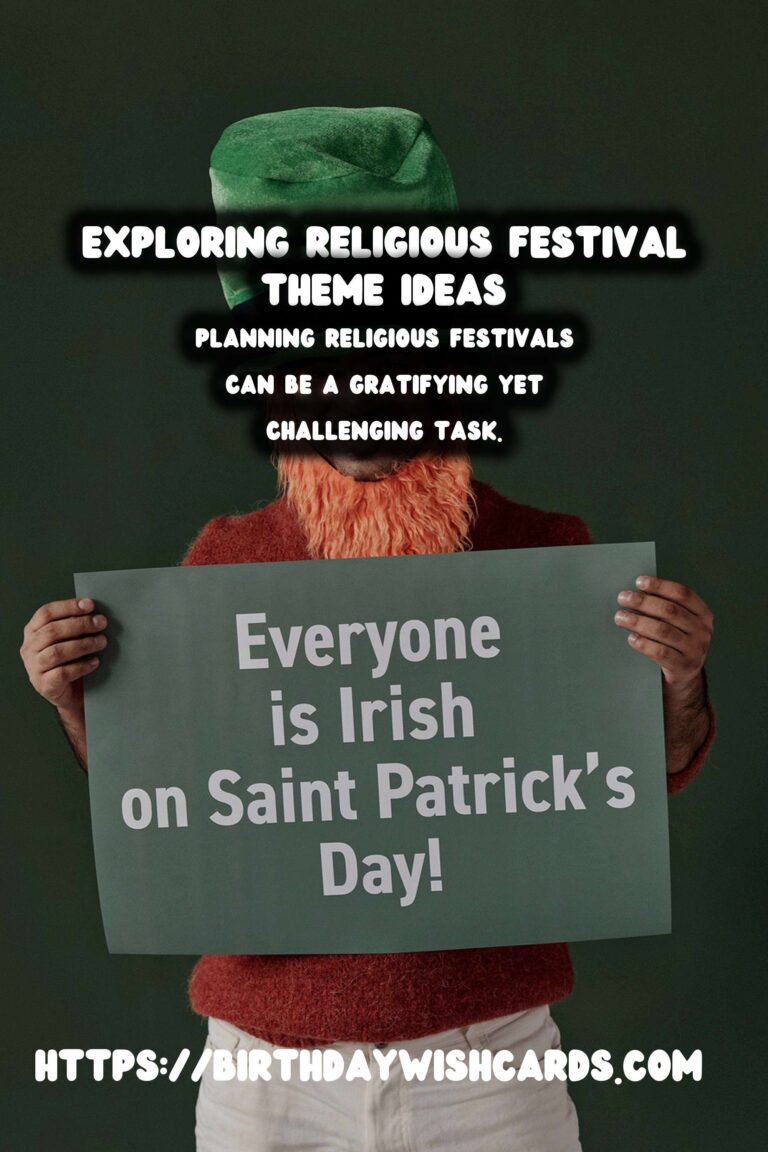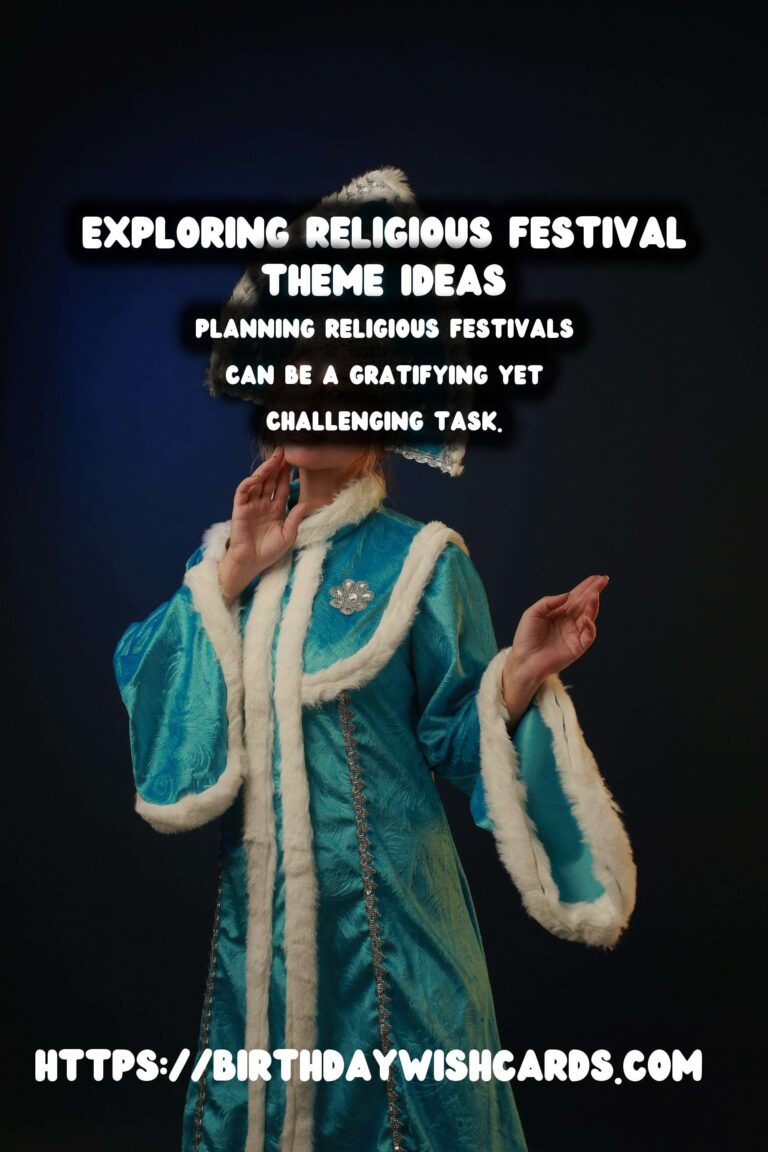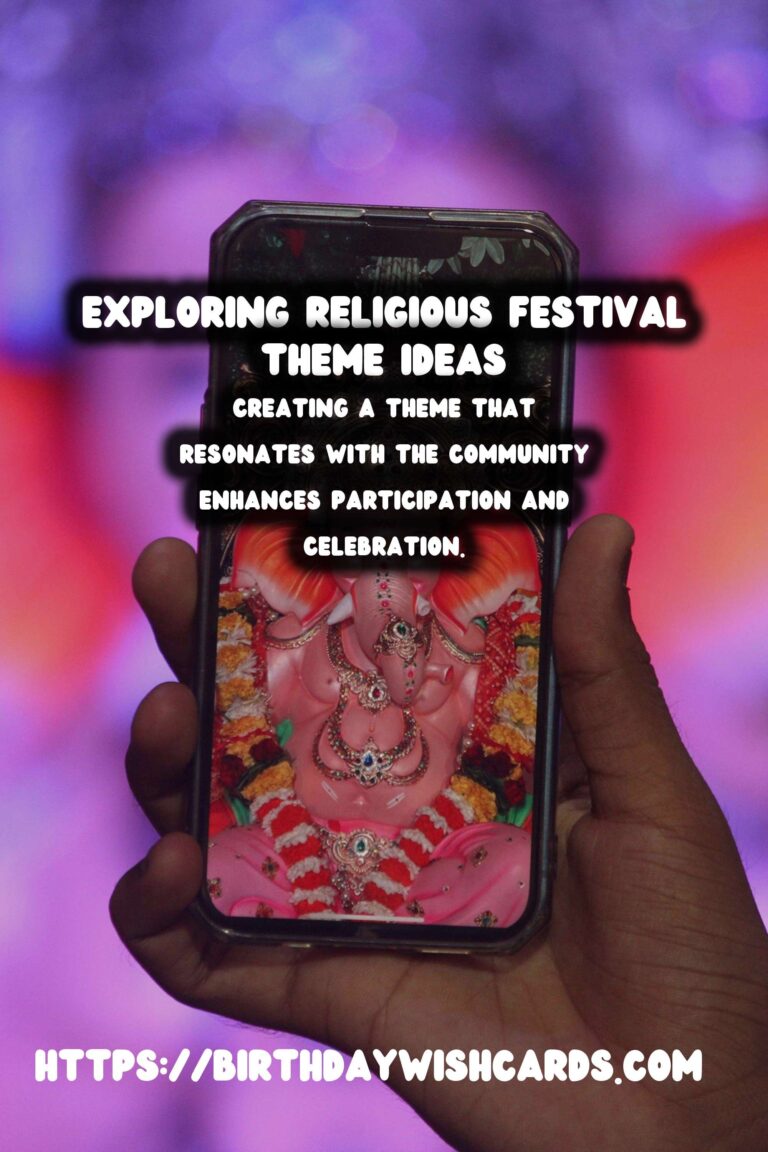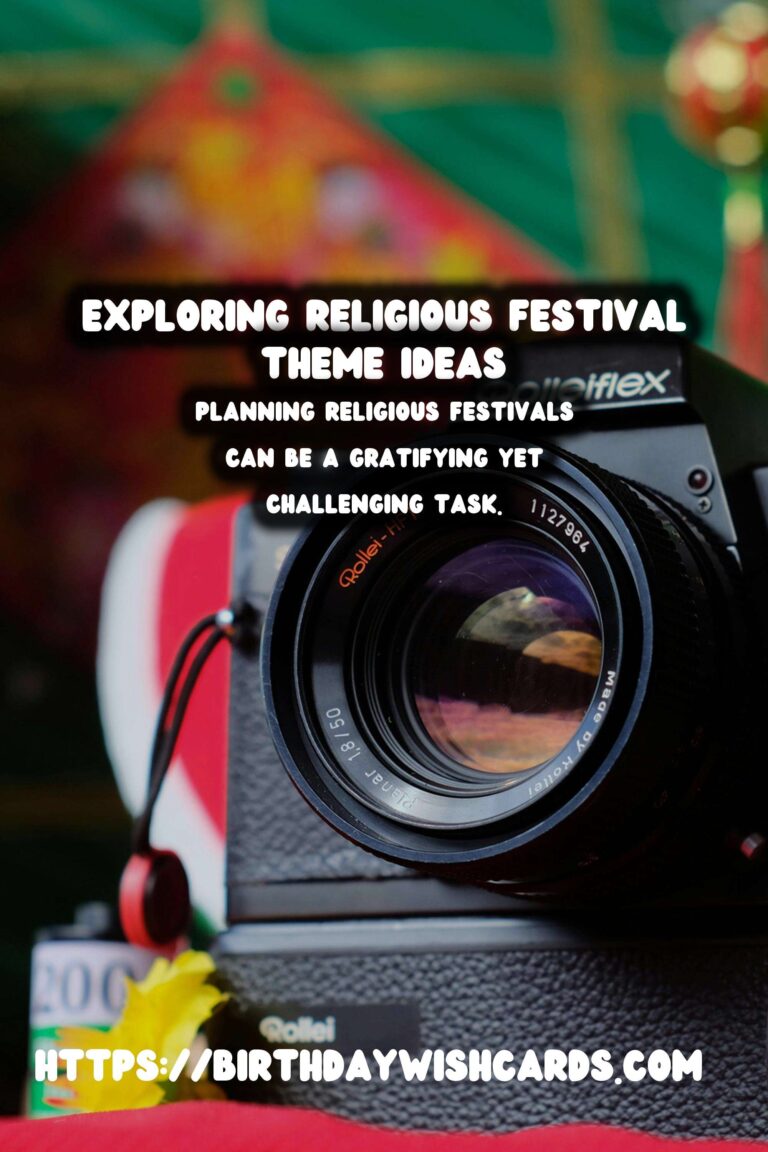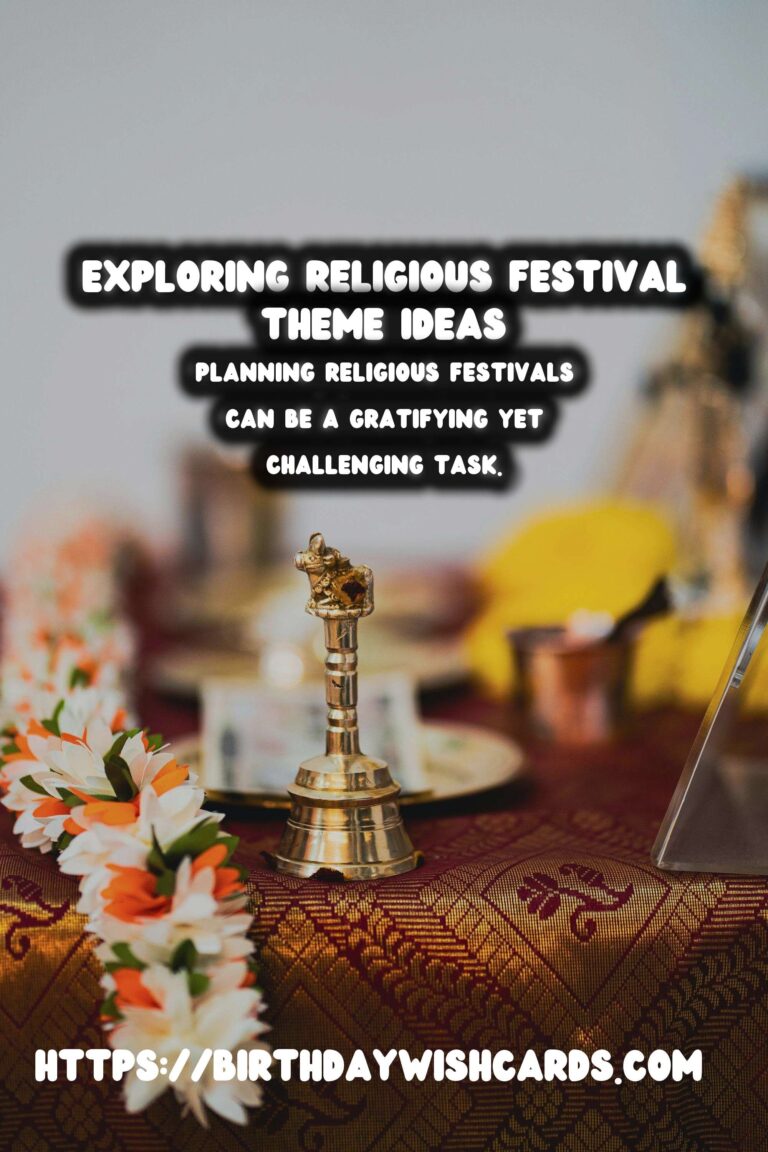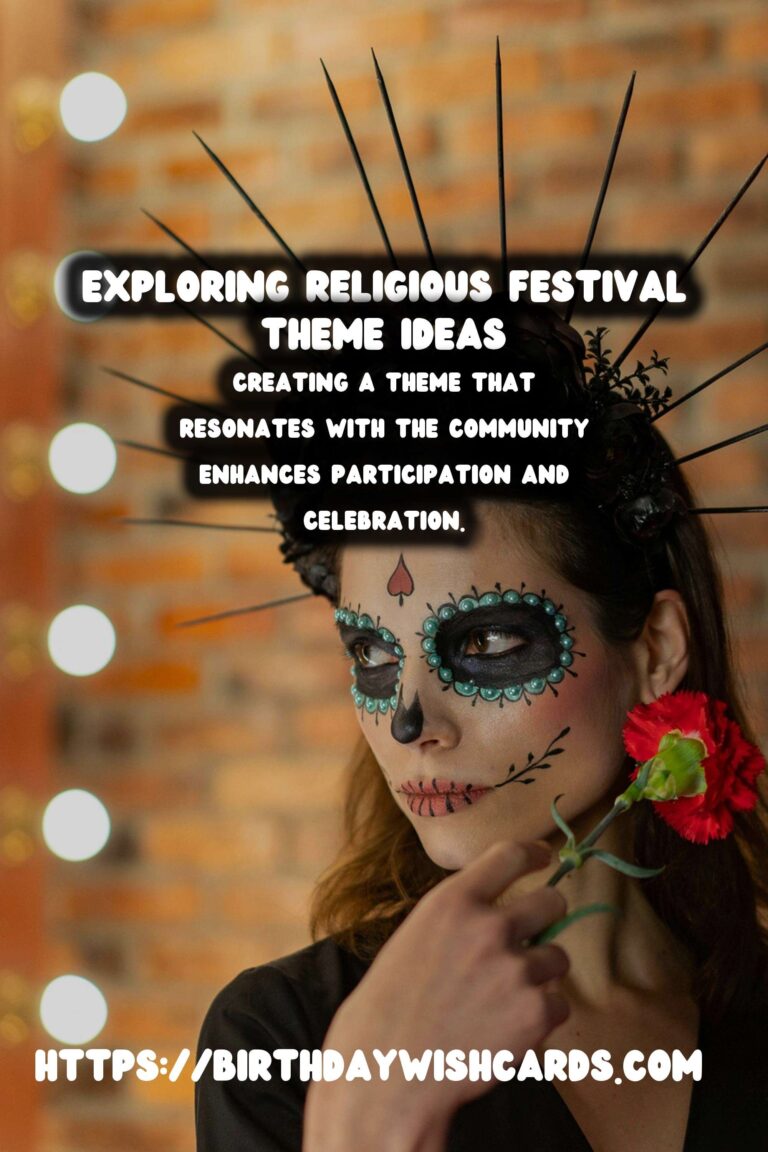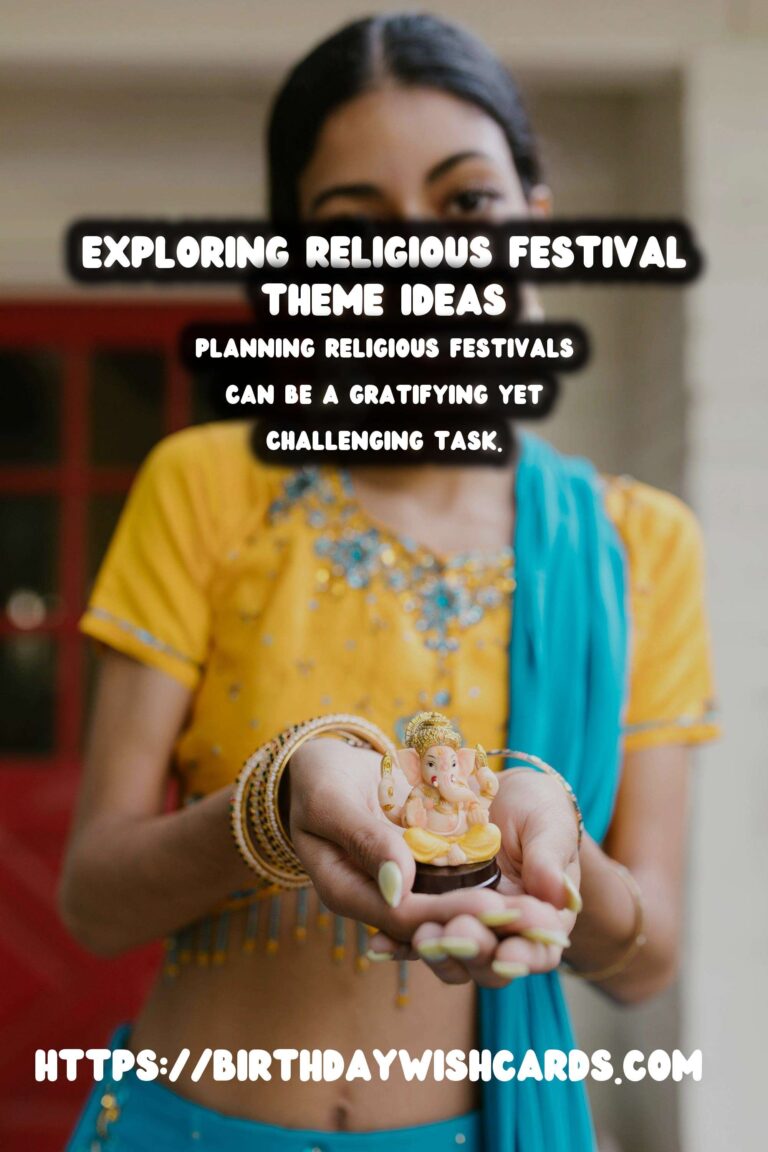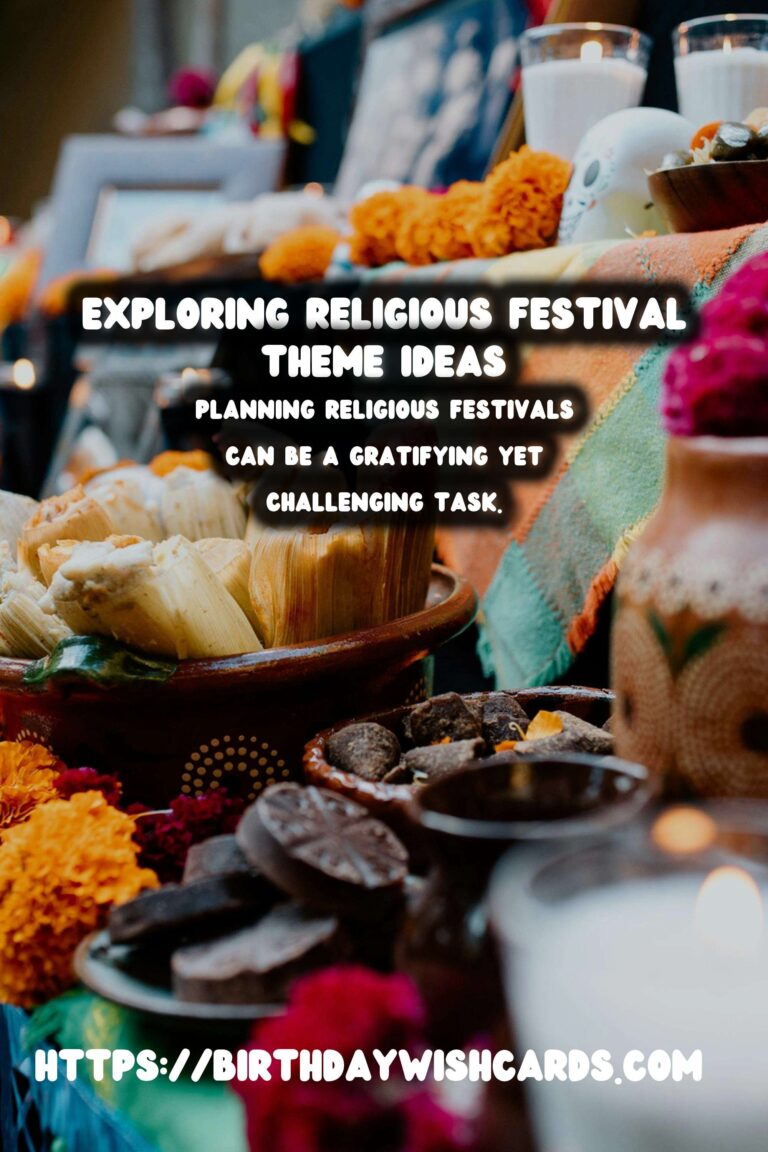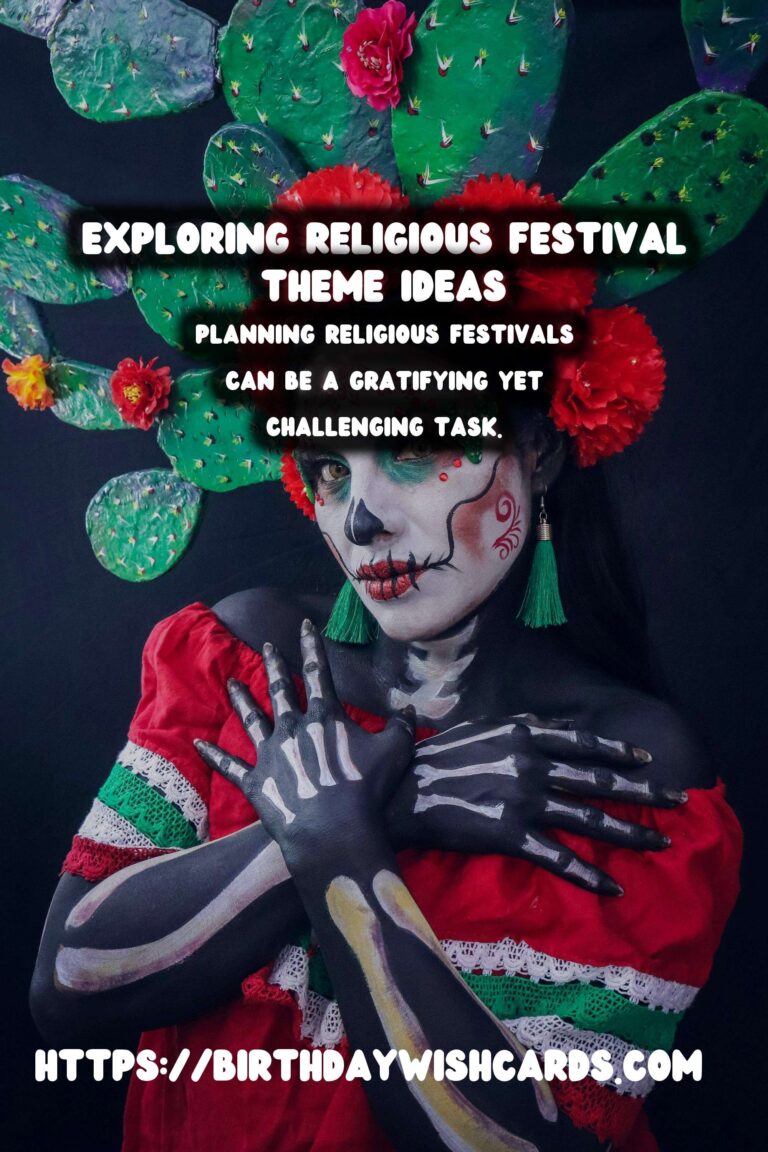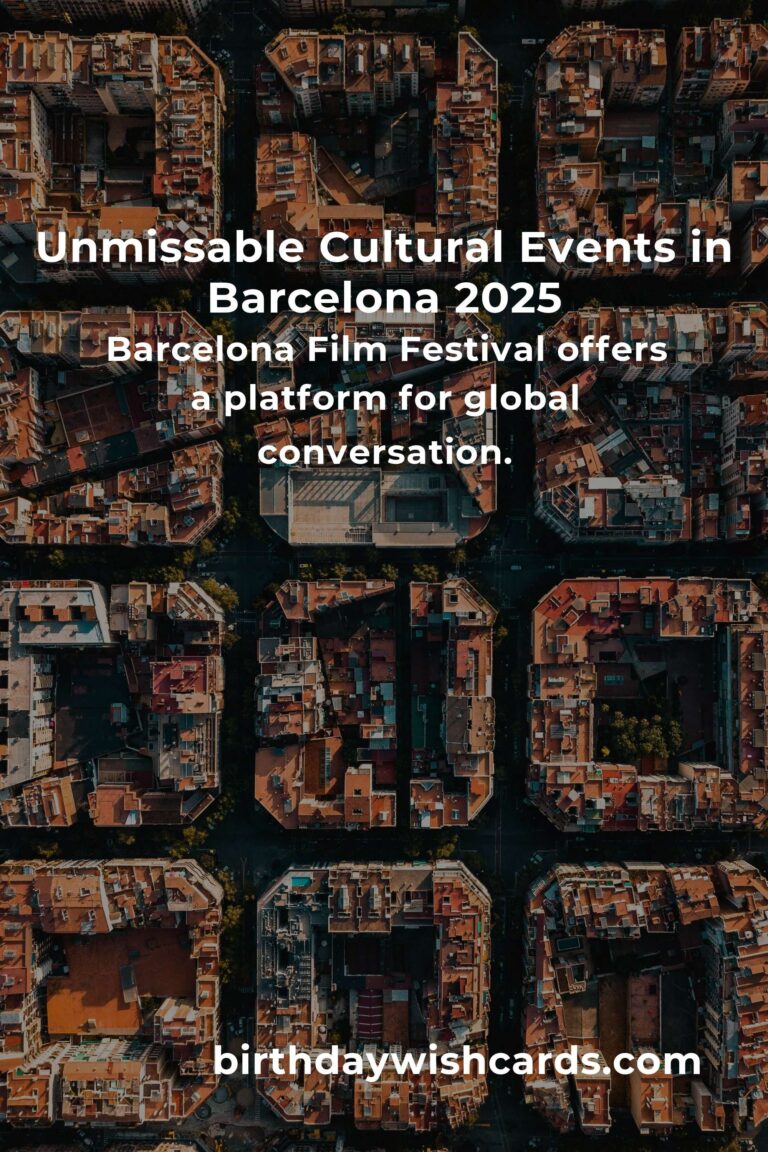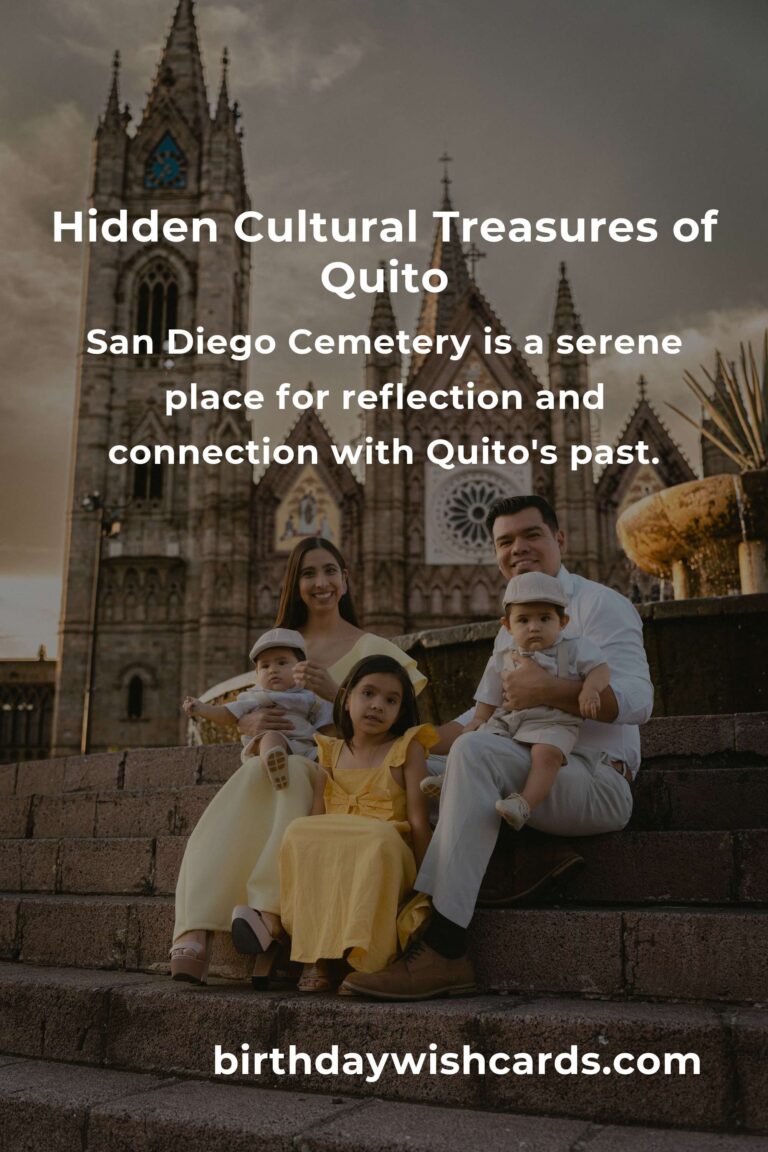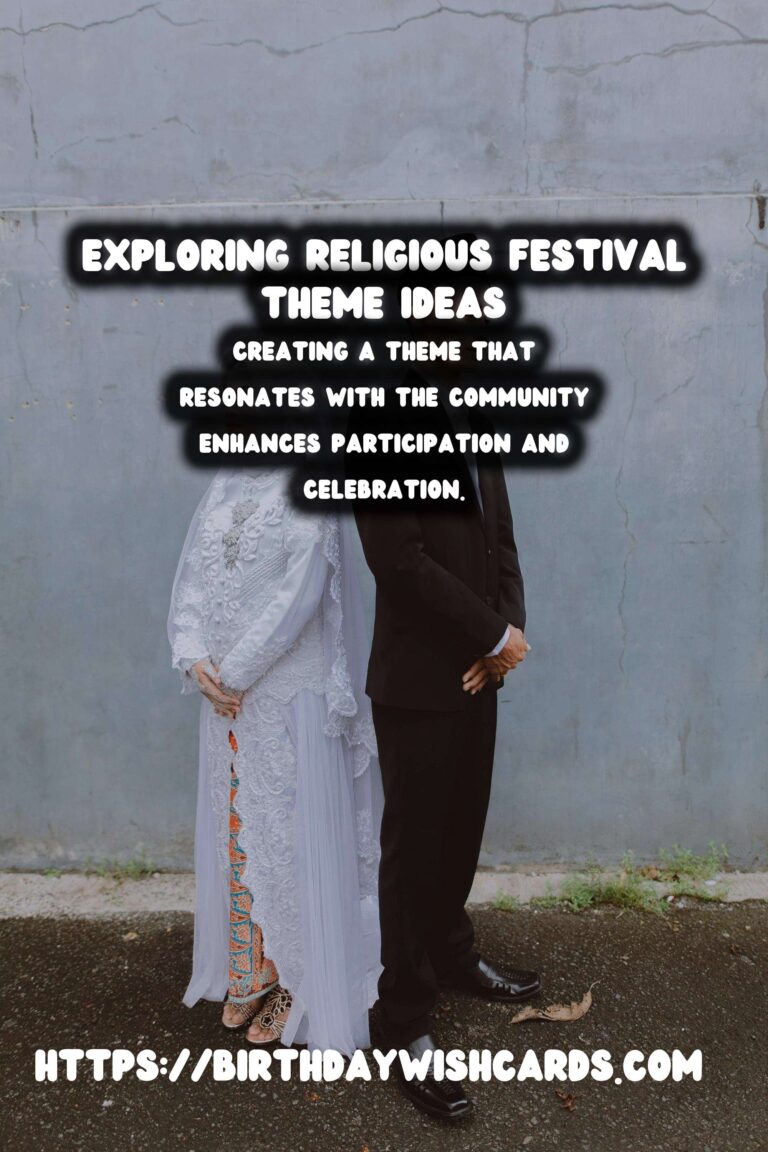
Planning religious festivals can be a gratifying yet challenging task. Organizing a festival involves not just the logistics but also creating an engaging theme that resonates with the community. This article explores dynamic methods to effectively plan religious festival themes that enhance participation and celebration.
Understanding the Significance of Themes
Themes play a pivotal role in shaping the experience of any religious festival. They set the tone and can reflect spiritual beliefs, cultural nuances, and the values of the community. A well-thought-out theme can foster a sense of unity and deeper connection among participants.
1. Community Engagement and Feedback
One of the most effective ways to develop a relevant theme is through community engagement. Hosting brainstorming sessions can encourage different ideas and perspectives. Utilizing surveys and polls can help gather feedback on potential themes, ensuring that the chosen concept resonates well with participants.
2. Seasonal Influences
Religious festivals often coincide with seasonal changes, which can greatly influence the theme. Consider elements of nature such as spring blooms, summer warmth, autumn harvest, or winter festivities. Aligning the festival’s theme with the natural landscape can create a more immersive experience.
3. Historical Context and Stories
Exploring the historical context behind the religious observance is crucial. Delve into stories, traditions, and rituals that are significant to the festival. Crafting a theme that pays homage to these histories can provide participants a sense of belonging and increased appreciation for their faith.
4. Artistic Expression
Incorporating artistic elements can significantly enhance your festival theme. Engage local artists to create installations, banners, and displays that embody the festival’s message. Art has the power to convey emotion and can serve as a focal point for attendees.
5. Interactive and Participatory Elements
Creating a theme that encourages interactive participation can make the festival memorable. Consider activities such as workshops, storytelling sessions, or communal art projects. These interactions not only engage attendees but also deepen their connection to the theme.
6. Incorporating Technology
Leverage technology to elevate the festival experience. Utilizing social media for live updates, setting up interactive apps, or using augmented reality features can modernize the theme and attract a younger audience. Technology can bridge the gap between tradition and innovation.
7. Eco-Friendly Themes
With an increasing awareness of the environment, developing an eco-friendly theme can resonate well with attendees. Incorporate sustainability practices, educate attendees on environmental stewardship, and use environmentally friendly materials for decorations. This theme can reflect a commitment to caring for the world that connects to many religious beliefs.
8. Cultural Fusions
In multicultural communities, creating a theme that honors various traditions can enrich the festival atmosphere. Explore ways to integrate diverse cultural elements while respecting the essence of the primary religious observance. Celebrating cultural fusions can foster inclusivity and broaden community ties.
9. Symbolism and Spirituality
Utilizing symbols that represent spiritual beliefs and values can reinforce the festival’s message. Research significant symbols related to the religious observance and incorporate them into decorations, literature, and activities. Symbols can serve as visual representations of deeper meanings.
10. Flexibility and Adaptation
The best-laid plans can change. It’s crucial to remain flexible during the planning process. Be open to adapting the theme based on participant feedback or unforeseen circumstances. This adaptability can make the festival not only successful but also enjoyable.
Conclusion
Planning religious festival themes dynamically can lead to greater engagement and celebration among community members. By incorporating community input, environmental consciousness, cultural diversity, artistic expression, and modern technology, organizers can create memorable experiences that honor traditions while embracing innovation. Remember, the goal is to bring people together in faith and celebration.
Planning religious festivals can be a gratifying yet challenging task. Creating a theme that resonates with the community enhances participation and celebration. 
